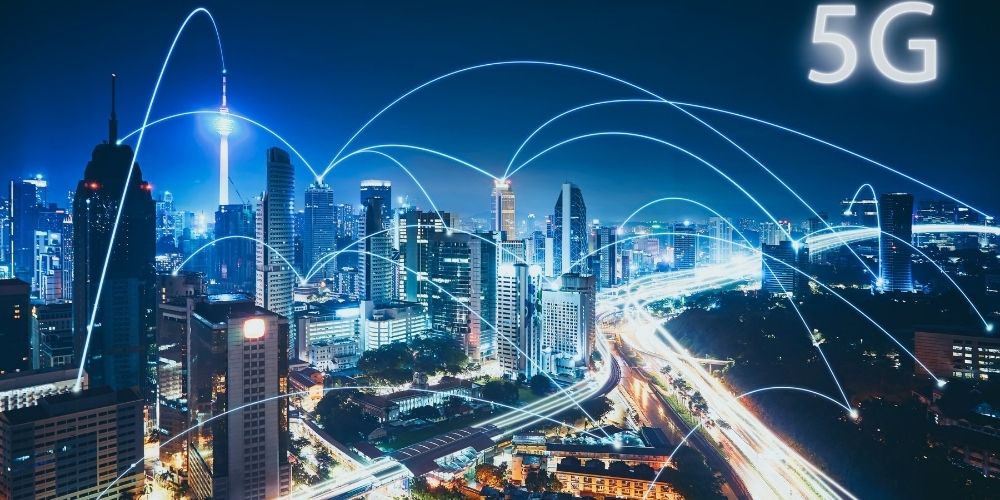Australia and the United States are intentionally restricting Huawei’s place in their telecommunications landscapes.
These changes are worth it for security reasons, according to our sources. We know that Huawei infrastructure is already widespread in telecommunications networks and that we have other options if we are concerned about cybersecurity.
Customers will feel the impact of Huawei’s withdrawal from Australia. Customers will be content with sub-par 5G internet speeds, delayed service rollouts, and other inconveniences.
We won’t likely be able use Google Play on Huawei smart phone after 2020.
Huawei has the best 5G
5G promises high speeds in densely populated areas. Australia expects the network to be fully operational by 2020. However, limited availability is currently in place in certain central business districts.
Top 5G speeds are up to 10 gigabits/second, 20x faster than 4G. Movie downloads can be done in seconds, as opposed to taking several minutes with 4G. Mobile phones, gaming laptops, and smart TVs can communicate with a 5G network with a response time of one millisecond as opposed to 30 minutes with 4G.
Huawei is the largest manufacturer of telecommunications equipment in the world and currently leads the 5G race. The Chinese company is 12 months ahead its rivals Nokia and Ericsson.
Since 2004, Huawei has been providing 4G and 3G services in Australia - according to reports working with Optus and Vodafone, but not Telstra and NBN Co. Huawei also built a private 4G network in Western Australia for Santos mining company, as well as digital voice and data communication systems that allow for rail services in New South Wales and Western Australia. This covers radio masts and base stations, handheld radios, and the core network .
Huawei was not allowed to participate in the future development of Australia’s and US’s telecommunications network from August 2018, and Mai 2019,, respectively.
The concern of the US and Australia that Huawei infrastructure could be used to gather sensitive information and foreign intelligence, as well as to undermine economic interests, is what led to this decision.
Huawei is already here
It’s no secret that China’s foreign intelligence-gathering over the internet is increasing.
It is doubtful that Huawei has supported such efforts. It is reported that technical flaws in Italy were found to be common in the sector and are not due to a backdoor.
Germany has adopted a broad regulatory framework which requires 5G network suppliers to be trustworthy and to provide information protection under local laws.
Similar procedures would be followed in Australia. Telecommunications equipment must be tested prior to installation and periodically thereafter for the life of the network.
The Coalition has committed A$156 million for cybersecurity. This money will be used to develop skills to protect against cyber intrusions as well as to enhance the capabilities of Australia’s Cyber Security Centre ( ACSC). These plans could be synchronized with 5G’s launch at the end 2020.
The 2018 Assistance and Access Act, commonly known as the Encryption Bill, requires all telecommunications companies to protect their networks and help national security and law enforcement agencies share information. Huawei is subject to the legal obligation.
Security concerns about 5G would also apply to 4G, which has been in place and supported by Huawei in this nation for over a decade.
It is not clear what benefit we will get from blocking Huawei’s participation in Australia’s 5G network.


